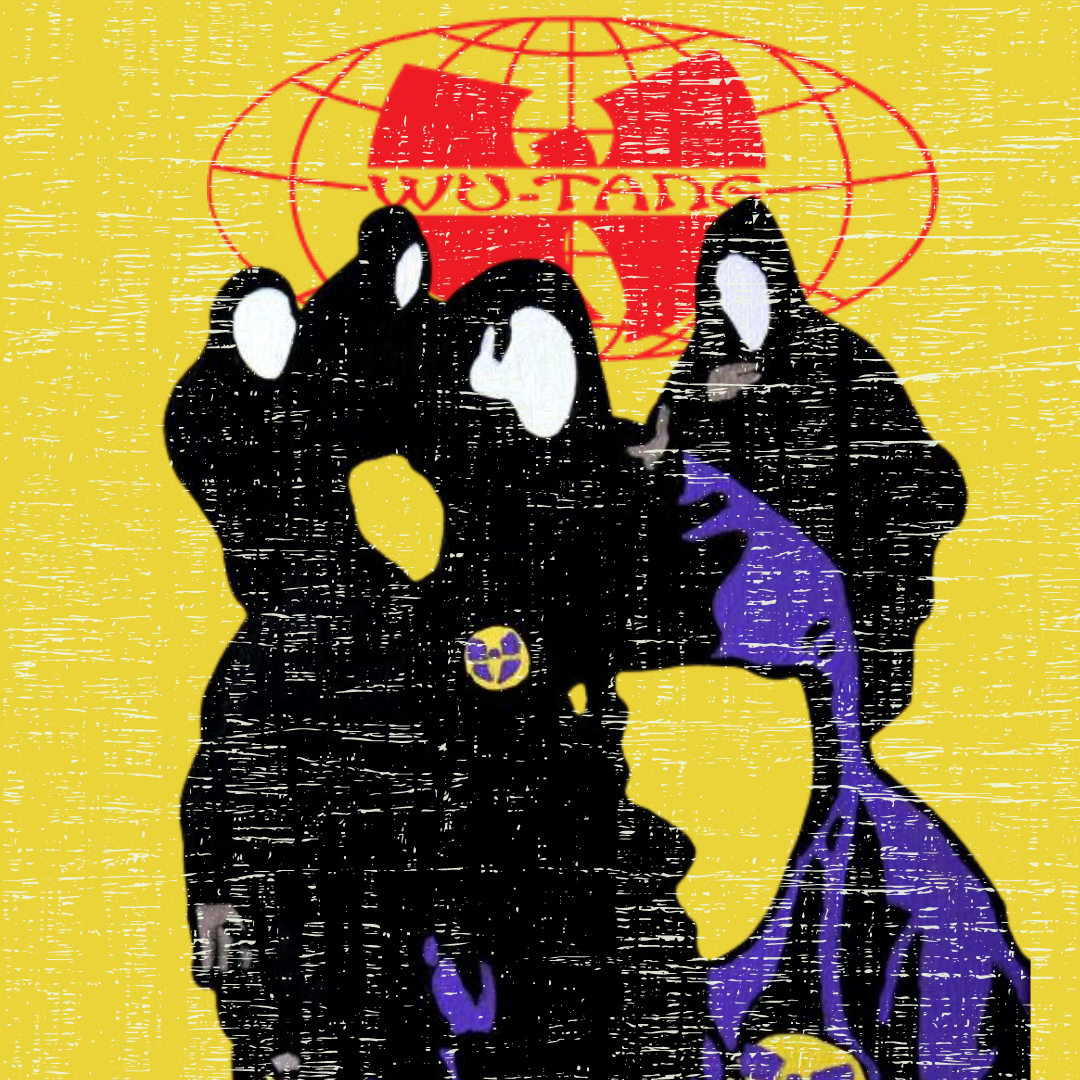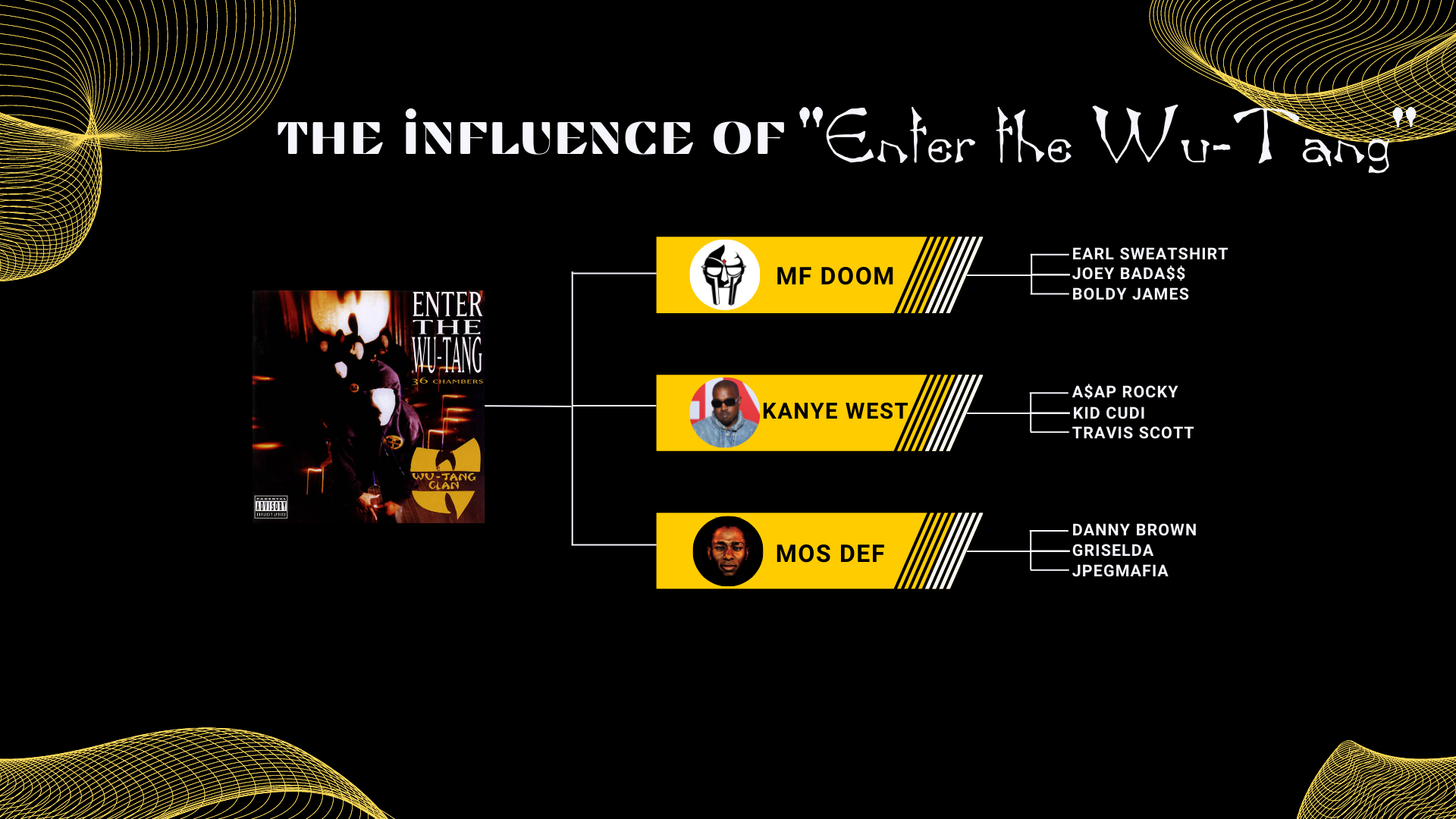Controlled Chaos: JPEGMAFIA & Danny Brown Split Heads on "SCARING THE HOES"
by Luke Modugno
What makes both Danny Brown and JPEGMAFIA’s artistry durable is their unrivaled devotion to the bumps and bruises of their own music. The two have mastered the art of employed imperfection, giving their records an unmistakably rugged finish. Within that artistic direction, Peggy and Danny have cultivated distinguishable styles, Peggy’s driven by beyond obscure production and Danny’s by off-kilter rhymes and delivery. The marriage of these two uncontrollable minds could be a considered a dream by some, and nightmarish by others (the hoes).
A collection of 14 volatile and abrasive tracks, SCARING THE HOES represents a caustic combination of rap’s most audacious forward-thinkers.
Jaggedly stitching together soul and gospel samples, iPhone text notifications, Lady Gaga and Ski Mask the Slump God cameos, Peggy’s work behind the boards on this record is best described as an unmitigated commitment to contrariness. As with the rest of Peggy’s work, SCARING THE HOES has distinct punk undertones, both in attitude and sonic style. Simply put, a lot of the things Peggy is trying here shouldn’t work. But they do, and they fit Danny’s unnatural tonality and rhyming superbly. Whether he’s fusing a somber jazz piano loop with hyperactive drums on “Jack Harlow Combo Meal,” borrowing a melody from a K-Pop song to blend with bouncy trap bass for “Kingdom Hearts Key,” or crafting a fidgety union of hyperpop and hip-hop on “Fentanyl Tester,” SCARING THE HOES’ uncompromisingly avant-garde nature is nothing short of incredible.
While the production is remarkable, SCARING THE HOES really comes into its own when it’s met with the duo’s clever and witty pens. Perhaps the most fitting example of the sheer power of their team-up comes in the form of “Burfict!” Draped with triumphant horns and thumping 808s, Danny’s cagey rhyme scheme and catchy hook emit pure electricity. Paired with Peggy’s raucous adlibs and closing verse, not only is “Burfict!” one of the standout songs on SCARING THE HOES, but additionally an undisputed song of the year candidate.
Neither Peggy or Danny are flooring listeners with their technical rapping ability on this tape, rather their one-liners steal the spotlight and more than a few laughs. “I feel like Papa John (insane),” raps Peggy on “Lean Beef Patty.” On the biblical “God Loves You,” Danny raps “Her with my dick like David and Goliath.” True to its humorous title, Peggy and Danny keep things lighthearted and comical throughout. Even though Peggy and Danny aren’t sharing any “Otis”-esque moments of bar trading on SCARING THE HOES, their rapping techniques are ideal foils to each other, something that is visible from one end to the other.
While this record represents a victory lap for the pair, SCARING THE HOES presents its own challenges and shortcomings. The LP sees Peggy is pushing genre boundaries while simultaneously pushing his own ability to mix the record properly. While Danny Brown mocked the criticisms of the album’s mix on Twitter, it is an entirely fair critique of the album. Danny’s verse on the opener “Lean Beef Patty” is practically unlistenable as the sidechaining essentially mutes Danny’s verse on every kick hit. Similarly, “Steppa Pig’s” brutal percussion and jumpy electronic elements nearly overpower both emcees. Conversely, looking at the mix as a stylistic choice also makes sense as well. With the title track having a similar mixing problems, the issue is certainly tangible.
But what are critiques if not perceptions? Sure, you can choose to perceive the mix as a flaw, or another calculated imperfection. Does either matter to Danny Brown or JPEGMAFIA? Do any perceptions of their music matter to them? Not in the slightest, and that’s what has allowed both to blossom into an artistic space where making such a staggeringly bold record is possible. When collaborative records match the gravity and talent their duos command individually, the outcome is a substantial, as is the case with this album. A continuation of two brilliant careers, SCARING THE HOES is a record we’ll be talking about for quite a while.
Favorite Tracks:
Burfict!
God Loves You
HOE (Heaven on Earth)
Luke Modugno is the editor-in-chief.
Thanks for reading! Make sure to follow us on Instagram to stay up-to-date on all music news!





























